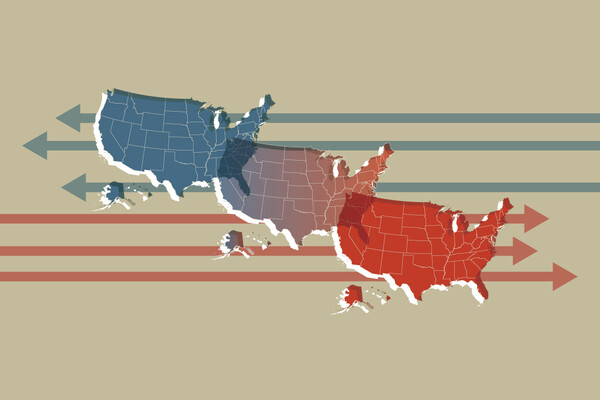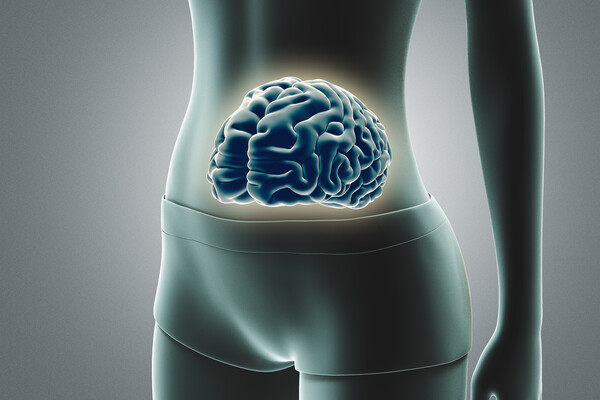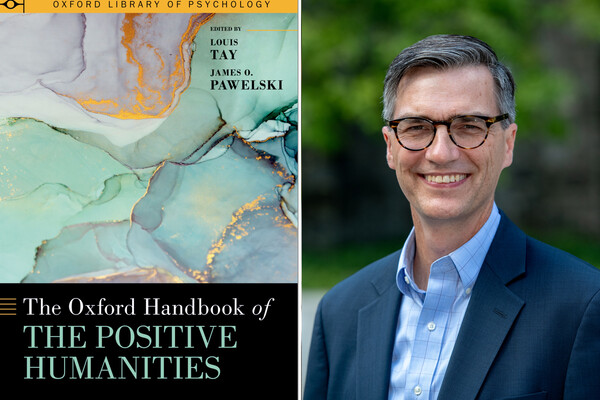5/10
Psychology
Where political views and fundamental beliefs intersect
Research from The Penn Primals Project debunks the idea that conservatives think the world is more dangerous than liberals, findings with implications for future research and productive political debate.
Defining neural ‘representation’
Neuroscientists frequently say that neural activity ‘represents’ certain phenomena, PIK Professor Konrad Kording and postdoc Ben Baker led a study that took a philosophical approach to tease out what the term means.
What beliefs shape our minds?
Jer Clifton of the Positive Psychology Center developed a framework to study primal world beliefs, our most fundamental sentiments about the world as a whole. Now, he’s ready for everyone to discover what their primal world beliefs are.
In the pursuit of scientific truth, working with adversaries can pay off
The Adversarial Collaboration Project, run by Cory Clark and Philip Tetlock, helps scientists with competing perspectives design joint research that tests both arguments.
Managing mental health amid gun violence
In 2021, Philadelphia saw a record number of 486 homicides by shooting as well 1,846 non-fatal shootings. According to clinical psychologist Leah Blain, exposure to trauma, including to gun violence, increases the risk of negative health outcomes.
Helping the brain to heal the gut
In the second edition of her book on irritable bowel syndrome, Penn psychologist Melissa Hunt explores advances made in the past decade. Her aim is to offer accessible, effective, self-help psychological treatment for those who suffer from the disorder.
Incarceration associated with negative mental health risks for Black men
A review of literature from the past decade found that for this group in the U.S. such a detention was linked to higher levels of psychological distress, more severe symptoms of PTSD and depression, and more.
Both nature and nurture contribute to signatures of socioeconomic status in the brain
In the first study of its kind, Penn researchers and an international team of collaborators found that genetics and environmental factors contribute to how socioeconomic status shapes the architecture of the brain.
The past, present, and future of the Positive Humanities
A new Oxford Handbook from Penn’s James Pawelski and Louis Tay of Purdue explores this emerging field, which brings together positive psychology, philosophy, the humanities, and the arts.
Social connections influence brain structure of rhesus macaques
Researchers from Penn, Inserm, and elsewhere observed that the number of grooming partners an individual animal had predicted the size of brain areas associated with social decision-making and empathy.
In the News
What is food noise and how do you get rid of it?
According to Thomas Wadden of the Perelman School of Medicine, people taking GLP-1 drugs are finding that daily experiences that used to trigger a compulsion to eat or think about food no longer have that effect.
FULL STORY →
Expect to see AI ‘weaponized to deceive voters’ in this year’s presidential election
Cristina Bicchieri of the School of Arts & Sciences says that AI-generated misinformation exacerbates already-entrenched political polarization throughout America.
FULL STORY →
Can money buy you happiness? Yes, it can. However…
Research by Matthew Killingsworth of the Wharton School reveals there is no monetary threshold at which money's capacity to improve well-being diminishes.
FULL STORY →
Philadelphia hospital program adds psychologists to bridge mental health services for trauma survivors
A new psychology team at the Penn Trauma Violence Recovery Program has provided about 46 survivors with short- and long- term therapy, featuring remarks from Elinore Kaufman and Lily Brown of the Perelman School of Medicine.
FULL STORY →
Early humans had ADHD, scientists say after making people play game online
A collaborative study by researchers from Penn suggests that the impulsive component of ADHD may provide a competitive advantage to learn from rivals and “catch” new methods of achievement.
FULL STORY →
Why hasn’t the new me shown up yet?
In his book “What You Can Change and What You Can’t,” Martin Seligman of the School of Arts & Sciences says that some personal qualities and habits can’t be changed without extreme difficulty.
FULL STORY →












